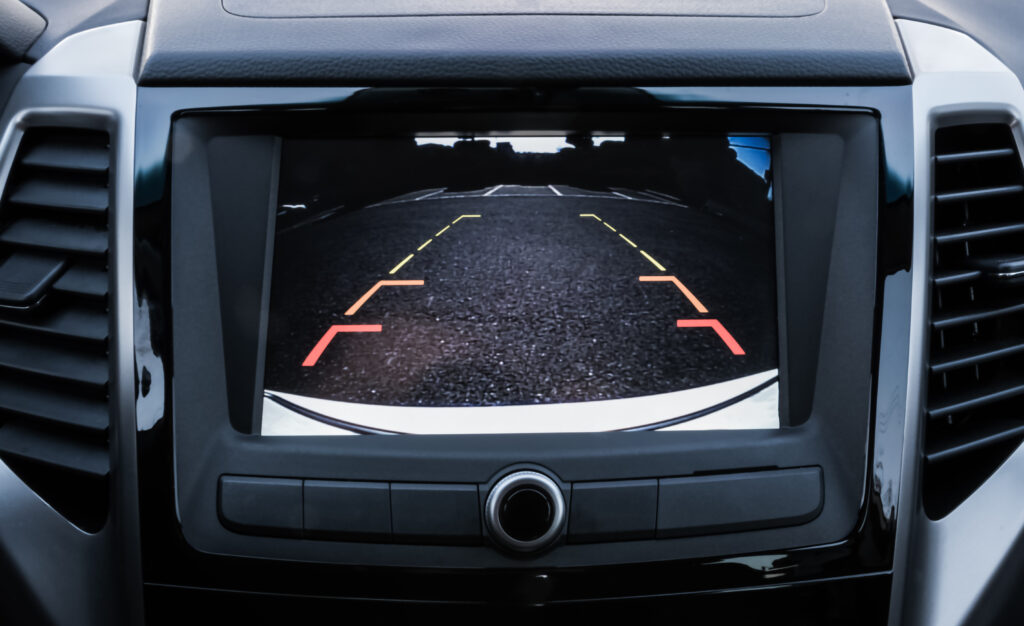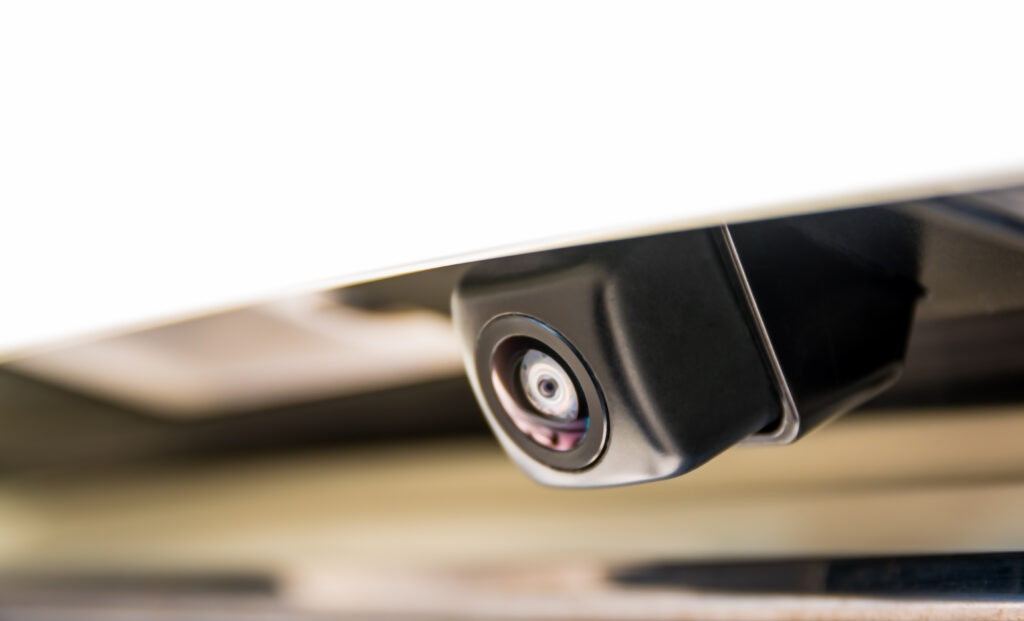4 Big Pros and Cons of Using Backup Cameras
Backup cameras serve as a way for drivers to see behind them in what otherwise may be a blind spot in their car.
Starting in 2018, backup cameras became a requirement for all vehicles manufactured in the United States.
There are pros and cons to using backup cameras to help with driving.
For starters, backup cameras can help reduce the rate of crashes while backing up a vehicle.
Studies from the Insurance Institute for Highway Safety reported that backup cameras reduced the accident rate of backup crashes by 17 percent. The statistics bode even better for drivers over the age of 70, with a 36 percent decrease in accidents.
An interesting predicament may come about if a driver pulls too far into the center lane, and they are unable to complete a left turn against a red light. The driver may decide to backup into the left turn lane so they are not in the middle of the road disrupting traffic.
A driver can use a backup camera to help ensure the distance between their car and the vehicle behind them. This can help prevent them from colliding with another car.
Another advantage of using backup cameras is they can help prevent pedestrian accidents, especially involving children.
The average eight year-old is only about 4 and a half feet tall. They will be harder to see when backing out of a specific spot.
Think of a situation where a driver is backing out of their garage when a child dribbling a basketball runs by. Backup cameras can help the driver see the child run past due to its location on the vehicle, since a child’s height is lower than most adults.
There are ways backup cameras can be a disadvantage to drivers.
For example, some drivers may rely too heavily on their backup camera. Just because the camera is available does not mean it can cover the whole area.
Backup cameras are more of an aid for drivers, as opposed to being the full source of visuals for them while backing up. Drivers must still look around the area they are backing out of for better security.
Furthermore, backup cameras may not always function properly. They may not provide the most accurate portrayal of the area.
Cameras may be blurred due to fingerprints or dirt, and a lens could even be cracked, which disrupts the ability to see.
The pros and cons of backup cameras are plenty, but at the end of the day, the responsibility in an accident involving a backup cam is in the hands of the driver.
Driver’s need to remain alert of their surroundings, avoiding distractions while driving such as sending text messages or trying to help other passengers.
Just because your camera is flawed does not mean that you won’t be found negligent if you were responsible for any injuries or damage caused by backing up your vehicle. A rift on the camera should be taken care of as quickly as possible to help prevent dangerous situations.
Failure to properly address any issues with your backup camera, or relying solely on the cam without being familiar with the rest of your surroundings, can lead to a car accident.
Car accidents can cause a number of serious injuries for those involved, such as:
- Neck and back injuries
- Traumatic Brain Injury
- Broken bones
- Cuts and lacerations
- Neck and back pain
- Internal bleeding
- Organ damage
- Scarring and disfigurement
- Muscle or nerve damage
- Spinal cord injuries
- Wrongful death
If you were injured as the result of a car accident, contact our LA attorneys at C&B Law Group.
The Los Angeles car accident lawyers at C&B Law Group have helped clients across Southern California recover millions of dollars in damages for their personal injuries.
Some of the most common types of car accidents include:
- Rideshare accidents
- Single-vehicle accidents
- Truck accidents
- Multi-vehicle accidents
- Motorcycle accidents
Contact the LA car crash attorneys at C&B Law Group today for a free consultation.












